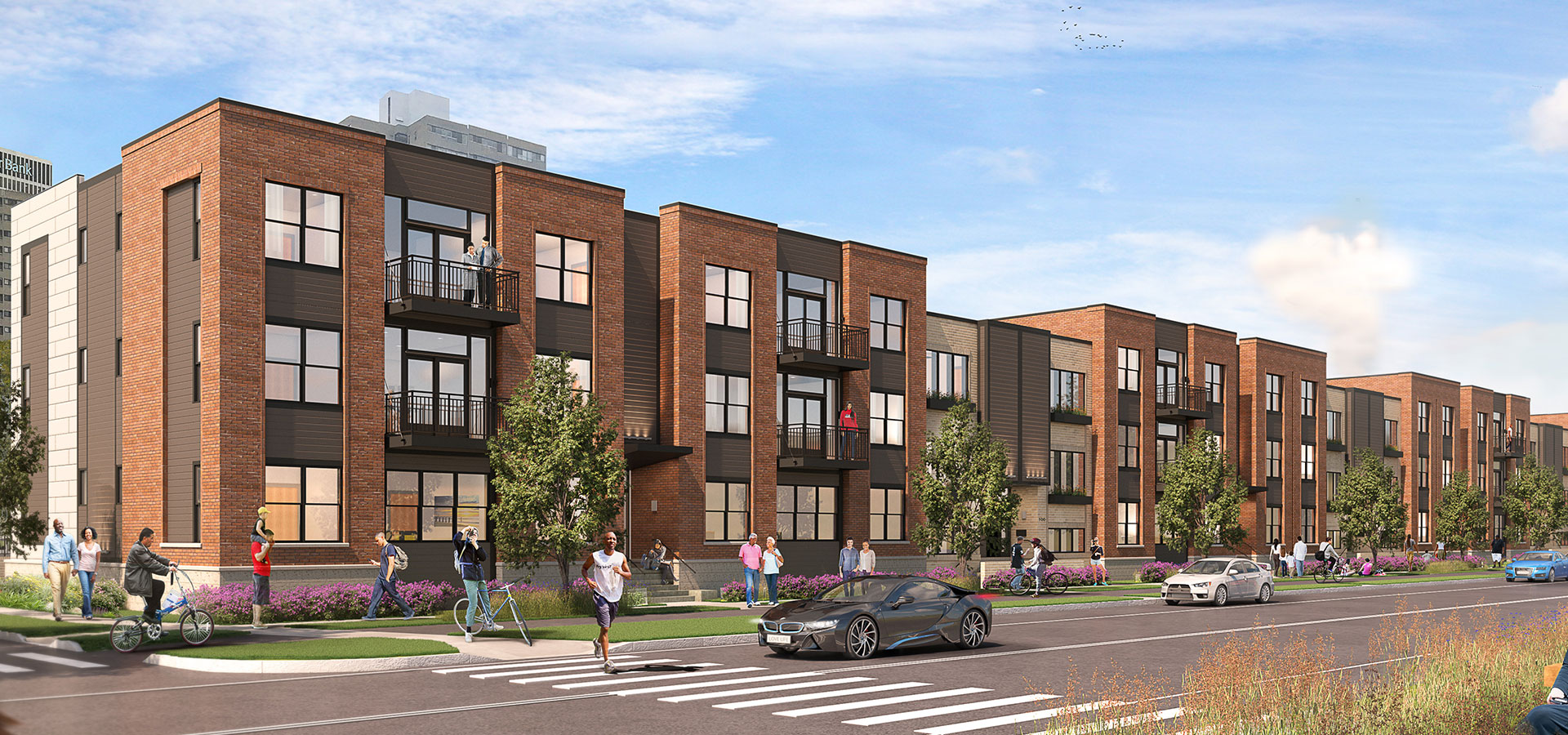Reducing Your Food Waste

April 2021
Of all the things we waste, food is one area where each of us can have a big impact. Reducing food waste isn’t just about saving money, it means reducing your impact on the environment. According to the EPA, there is more food in landfills than any other kind of waste. As that food decomposes it releases methane, a greenhouse gas that can contribute to global warming. Follow these simple tips and reduce your food waste.
Shop smart
Most people end up buying more food than they need. By doing some upfront meal planning you can have a better sense of how much of each ingredient you need. And when you have no choice but to buy too much of something, think ahead for the next time you’ll need that item and preserve the unused portion (by freezing, drying, pickling, etc.).
Use everything you bring home
In the restaurant business, wasted food is lost profit. So, chefs think about all the ways to avoid throwing out an ingredient that could be put to good use. For example, bones from meat, the ends of an onion, the tops of celery stalks, etc. can all be saved to create your own stock for soups or sauces. Those brown bananas can become delicious banana bread. Not using all those fresh herbs you bought? Infuse them in olive oil for salads.
Save those leftovers
They’re great for lunch the next day or a quick snack when you need one. But don’t stop at just that. If you’re feeling creative, random leftovers can be combined into entirely new dishes. Pasta salad, fried rice, smoothies, hash, are all great ways to use up leftovers.
Become a composter
You don’t need to live on a farm to compost your food waste. Indoor composters that can sit on a countertop are a great way to turn your food waste into fertilizer for houseplants or your container garden.
